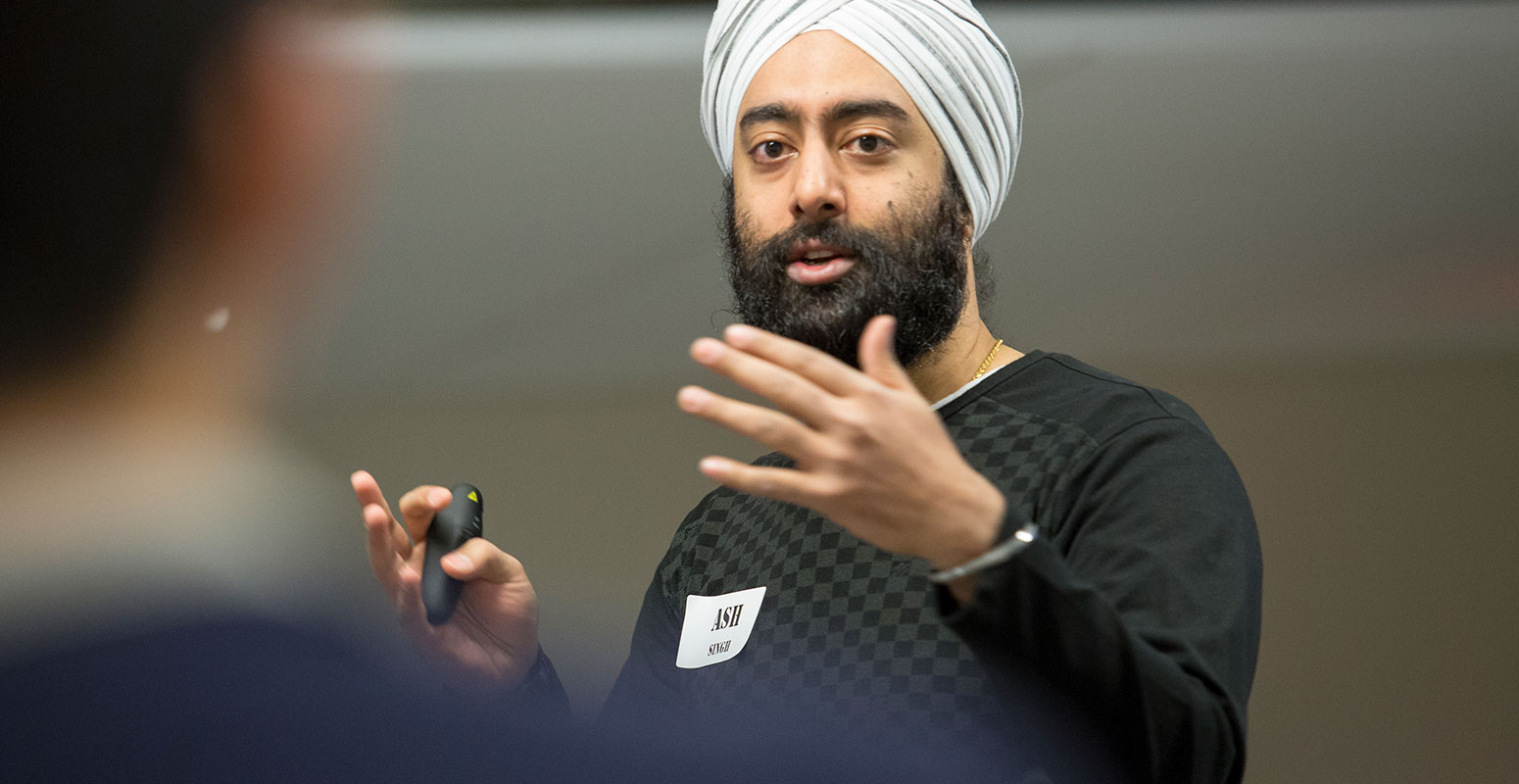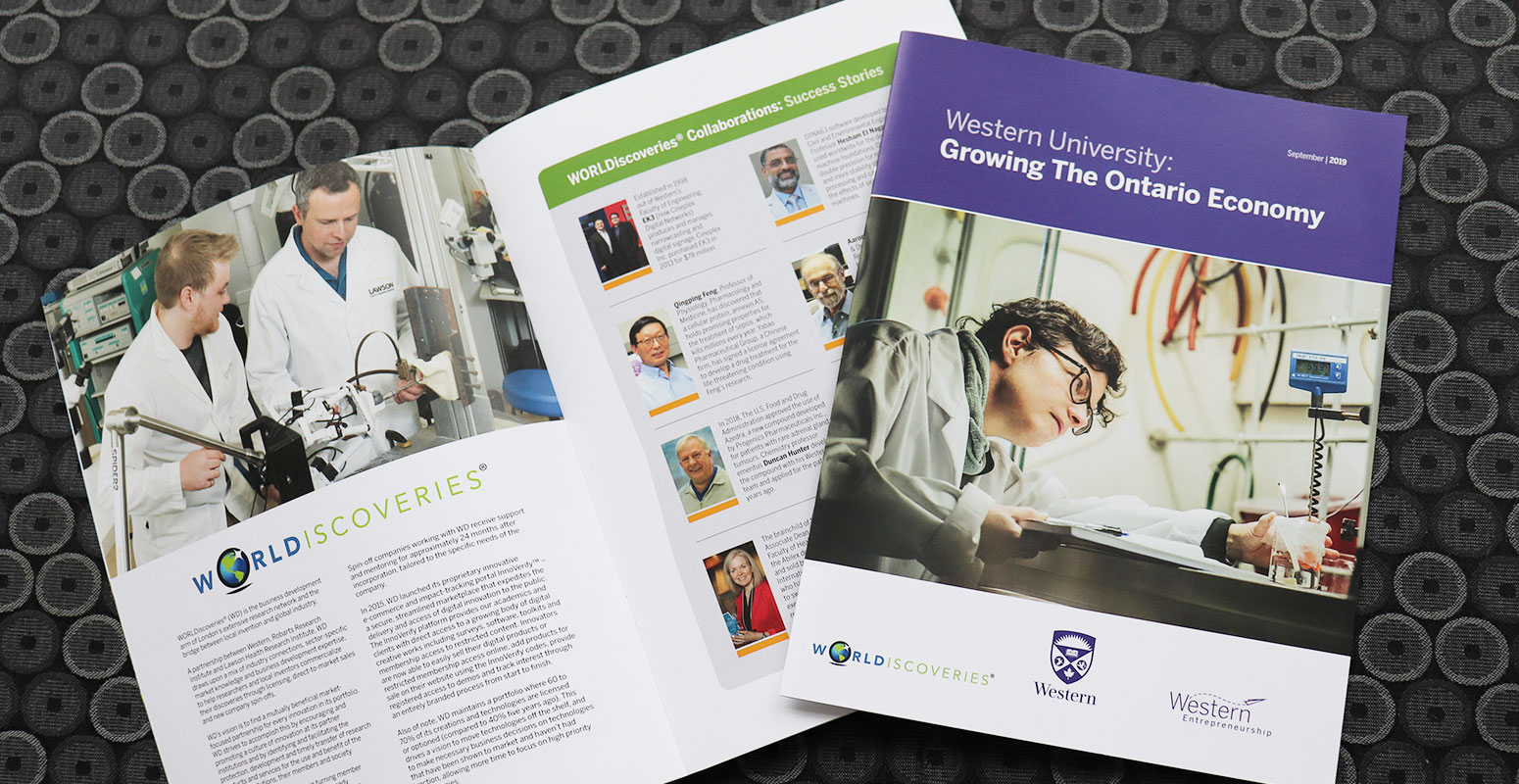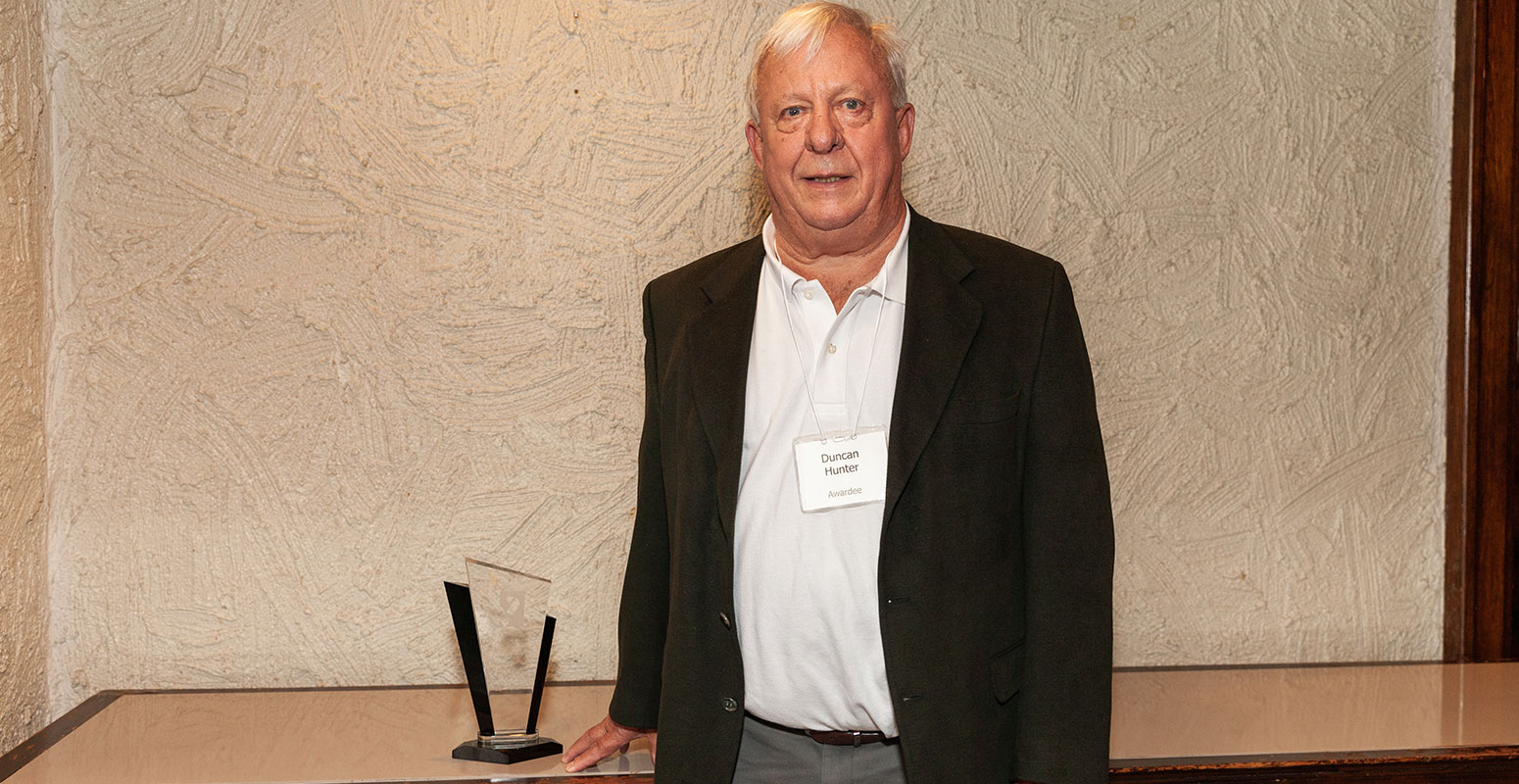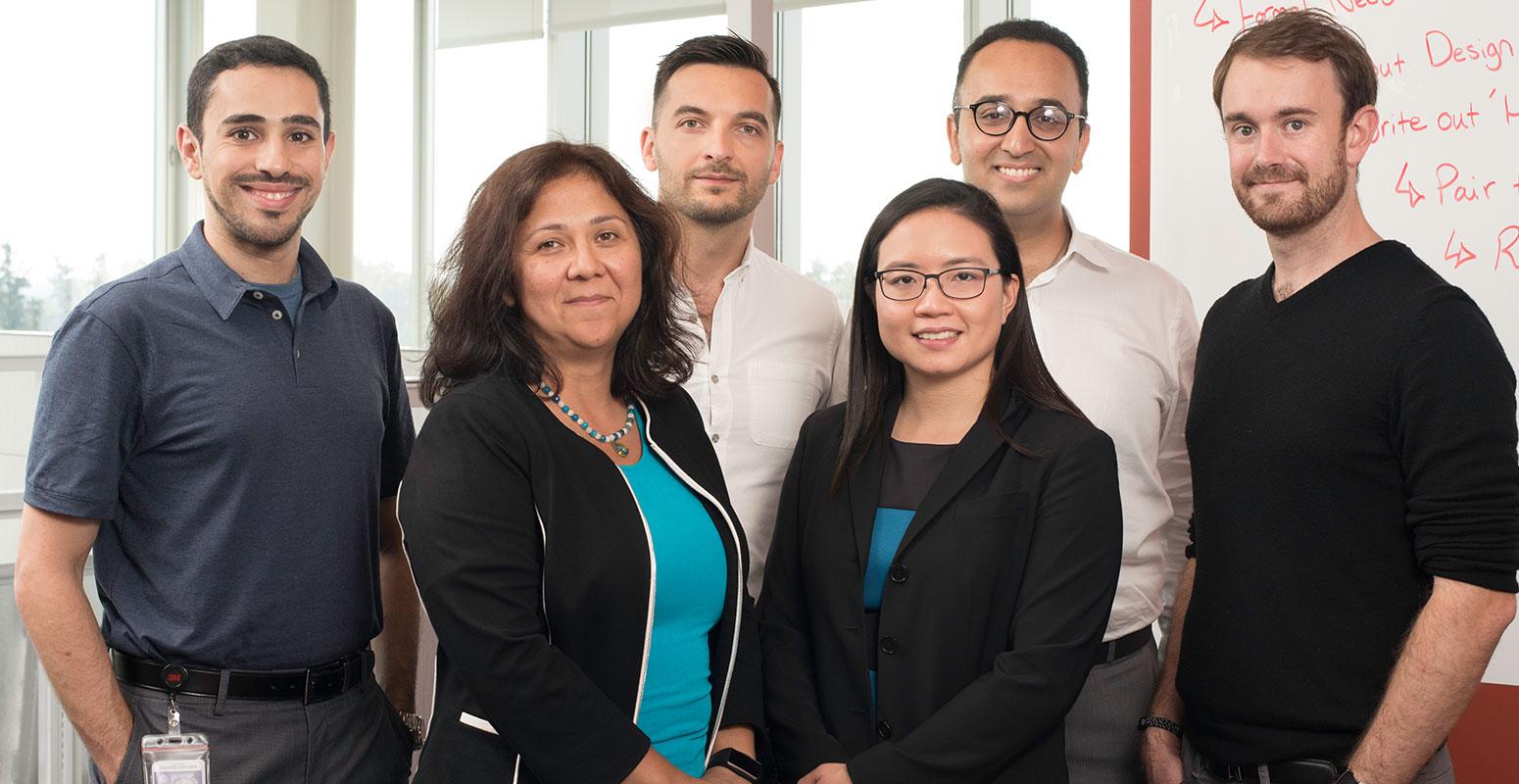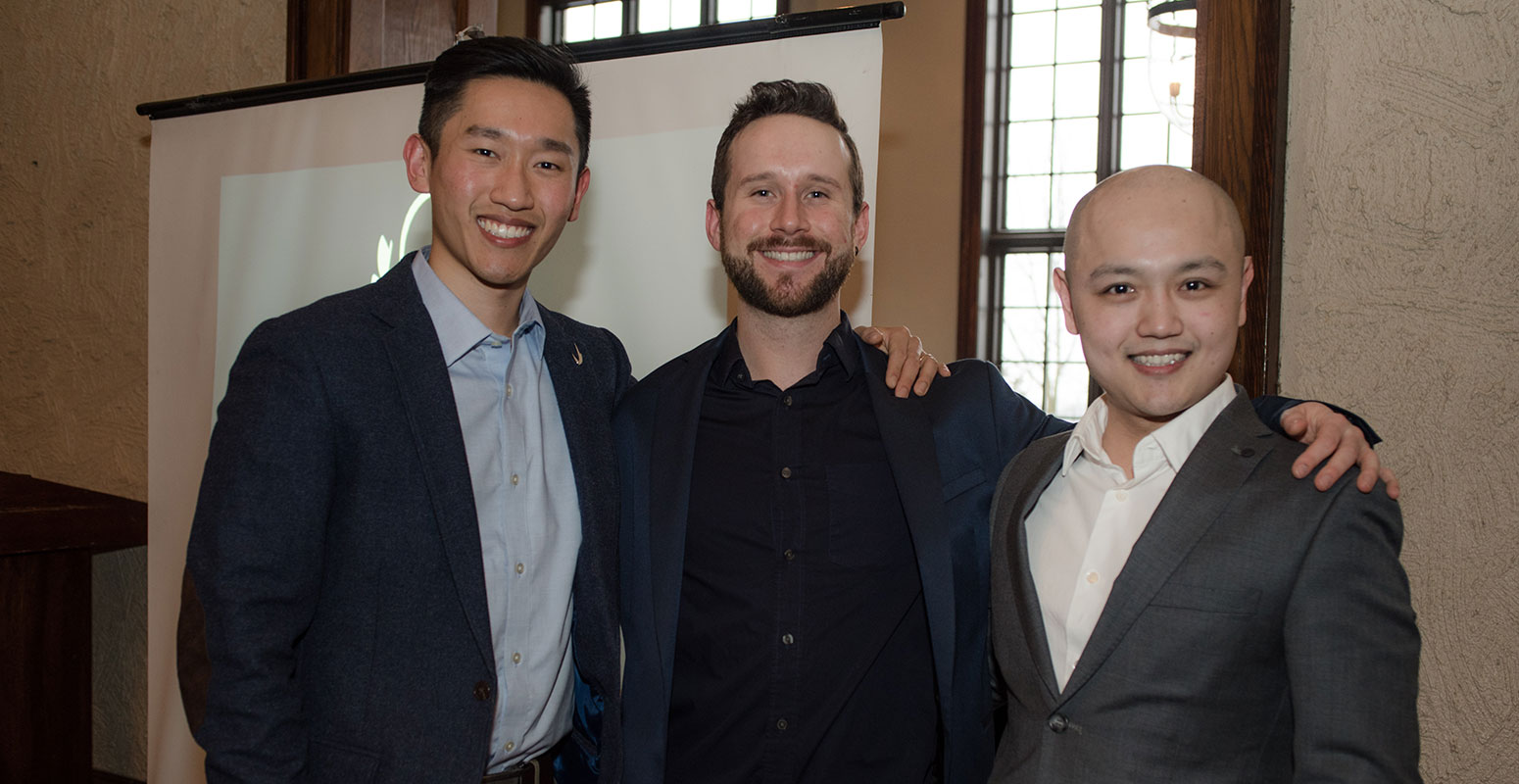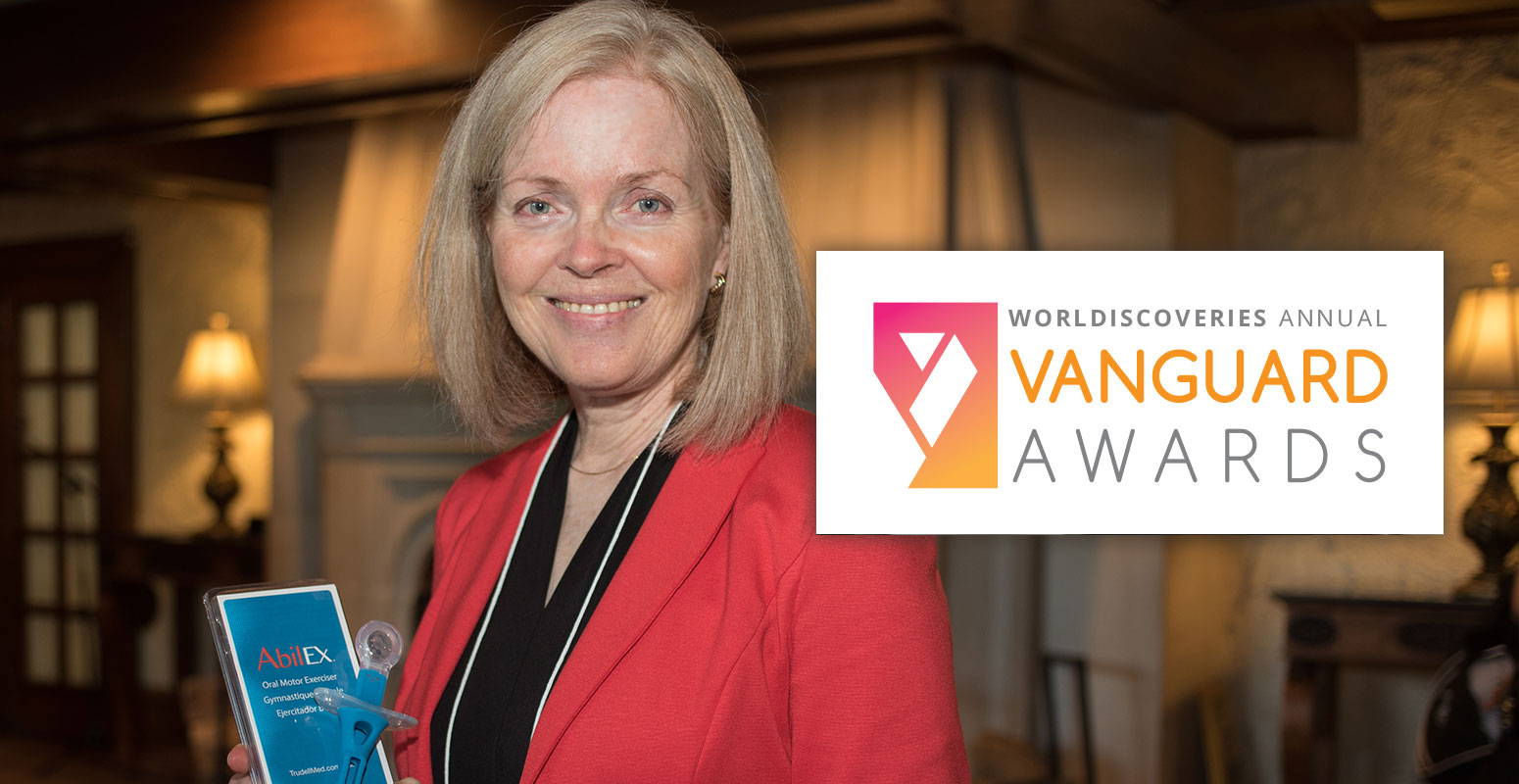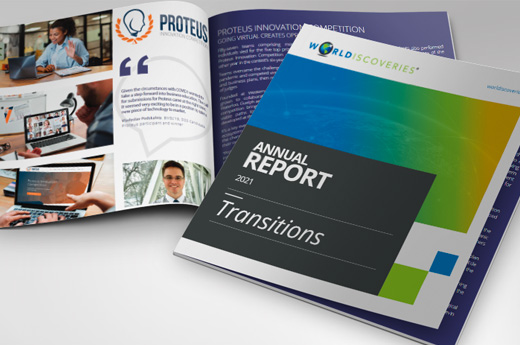Western Medical Innovation Fellows Bashar Yafouz, Wagner H. Souza, and Maryam Majedi participated in the fifth annual Proteus Innovation Competition and through their abstract, business plan proposal and business pitch grabbed one of the top three $5,000 prizes and the chance to license and market the technology.
The Fellows, part of Western’s Medical Innovation Fellowship (MIF) program which immerses early career scientists, engineers and clinicians in a training and research-heavy environment with the goal of developing future leaders and innovators of world-class medical technologies.
The skills learned from their program gave them a competitive advantage when they decided to participate in the Proteus Innovation Competition – an intense, four-month competition that takes three newly developed technologies from Ontario research institutions and challenges teams to plan their commercialization. It is a partnership among WORLDiscoveries, Western Entrepreneurship, Western Research Parks, TechAlliance, McMaster University and the University of Windsor.
Read more

